Weathering the Wild: How Communities Are Gearing Up for Our Unpredictable Planet
Muhe - Wednesday, 30 July 2025 | 11:00 PM (WIB)
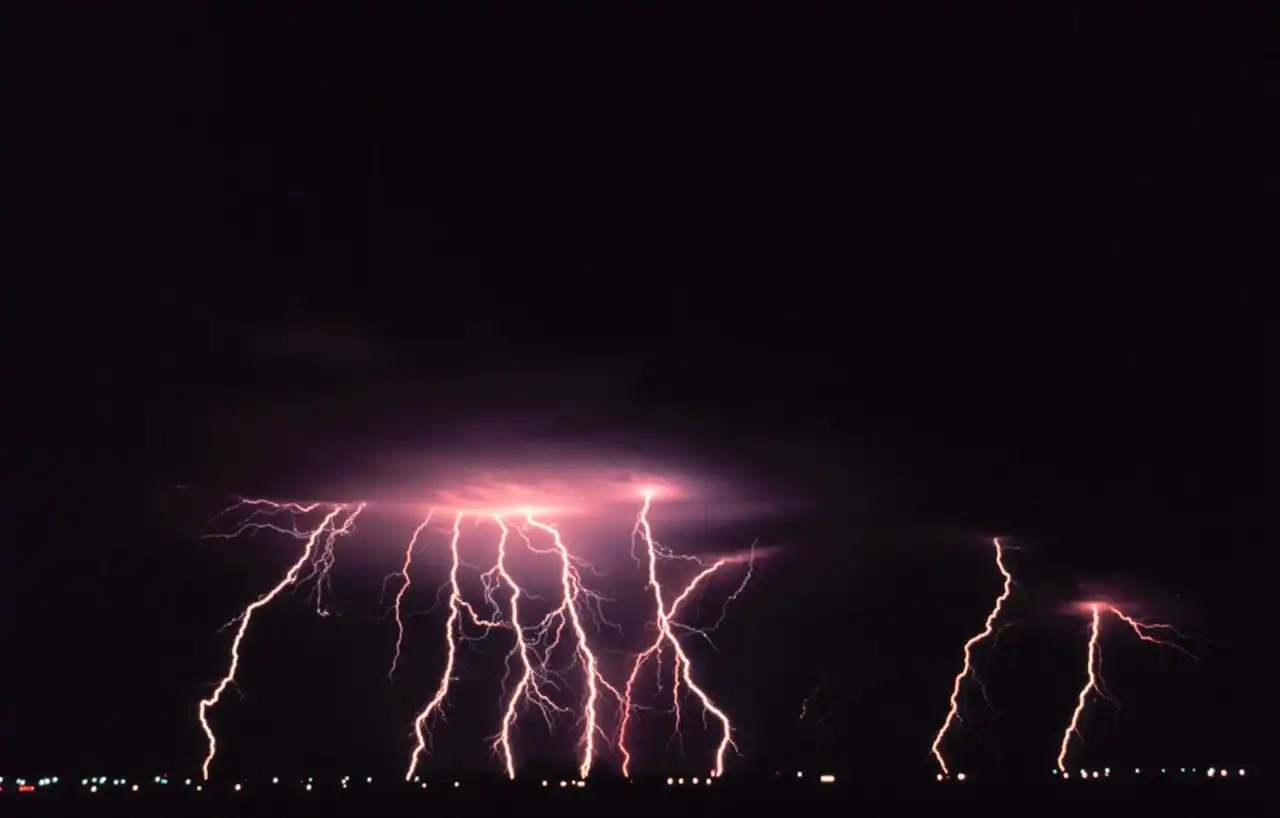

Why the Urgency? Because Surprises Aren't Always Fun
Honestly, it's a no-brainer. The data is screaming at us: extreme weather events are becoming more frequent and more intense. We're talking about everything from scorching heatwaves that break records to supercharged hurricanes that leave a path of unthinkable destruction. For communities, this isn't just an inconvenience; it's a serious threat to lives, livelihoods, and the very fabric of daily existence. And here's the kicker – it’s often the most vulnerable among us who bear the brunt. So, building awareness isn't just a good idea; it's an ethical imperative. It's about empowering everyone, from the littlest kids to our wise elders, with the knowledge to stay safe when things hit the fan.Disaster education isn't just a fancy term for 'what to do in an emergency drill.' Nope, it's a whole vibe. It's about cultivating a mindset of readiness, transforming passive residents into active participants in their community's safety net. It means understanding the specific risks your area faces – whether it's flash floods, wildfires, tornadoes, or coastal surges. Because, let's face it, what works for a blizzard in Vermont probably won't cut it for a typhoon in the Philippines.The Power of "We": Building Resilient Neighborhoods
So, how do we actually *do* this? It all starts local, with the people right next door. Think of it like this: a community that knows its risks and has a plan is like a well-oiled machine, ready to pivot when chaos strikes. Here’s how we can get there:- Knowledge is Power (and Locally Sourced!): First off, understanding your local hazards is gold. Does your town sit in a flood plain? Is your area prone to wildfires? Knowing this helps you prepare specifically. Community workshops, accessible online resources from local emergency services, and even school programs are fantastic ways to spread this vital info. Think less boring lecture, more engaging, interactive sessions.
- Communication is Key (Like, Literally a Lifesaver): In a crisis, effective communication can literally be a lifesaver. This means setting up neighborhood watch groups, perhaps a WhatsApp group that’s specifically for emergency alerts (and not just cat memes, though those are great too!), and establishing clear communication trees. Knowing who to call, where to meet, and how to get information when power lines are down or cell towers are overloaded is crucial.
- The Infamous Go-Bag (and Why It's Not Just for Preppers): You know the drill: an emergency kit. But it's not just about canned beans and a flashlight. It’s about having a grab-and-go bag with essentials – water, first-aid, important documents, medications, maybe even a small toy for the kiddos – that can sustain you for a few days. Encouraging every household to have one, and to *regularly check it*, is a game-changer. It takes the panic out of the initial moments of an evacuation.
- Practice Makes Perfect (or at Least Less Chaotic): Drills might seem a bit old-school, but honestly, they work. Running through evacuation routes, practicing family meeting points, and even just checking in on elderly neighbors during a severe weather warning can make all the difference. When you've rehearsed it, even just mentally, your brain is far less likely to freeze up when the real deal hits.
- No One Left Behind: True community preparedness means looking out for *everyone*. This includes individuals with disabilities, seniors who might need extra assistance, and families with young children. Developing buddy systems or neighborhood check-in rosters ensures that help is available where it’s most needed. It’s about building a web of care, making sure everyone feels seen and supported.
Beyond the Physical: The Mental Game
It's not just about the physical stuff, right? The mental game is huge too. Experiencing a natural disaster can be traumatic. Disaster education should also touch on the importance of mental preparedness, resilience, and knowing where to access support services post-event. It's about acknowledging that it's okay not to be okay, and having a plan for recovery, not just survival.Ultimately, navigating our increasingly unpredictable world isn't about being scared; it's about being prepared, together. It’s about swapping stories, sharing resources, and building those human connections that are, in the end, our strongest defense against whatever Mother Nature throws our way. So, next time you hear a weather alert, instead of just shrugging, maybe have a chat with your neighbor. You might just be starting a wave of preparedness that could save lives.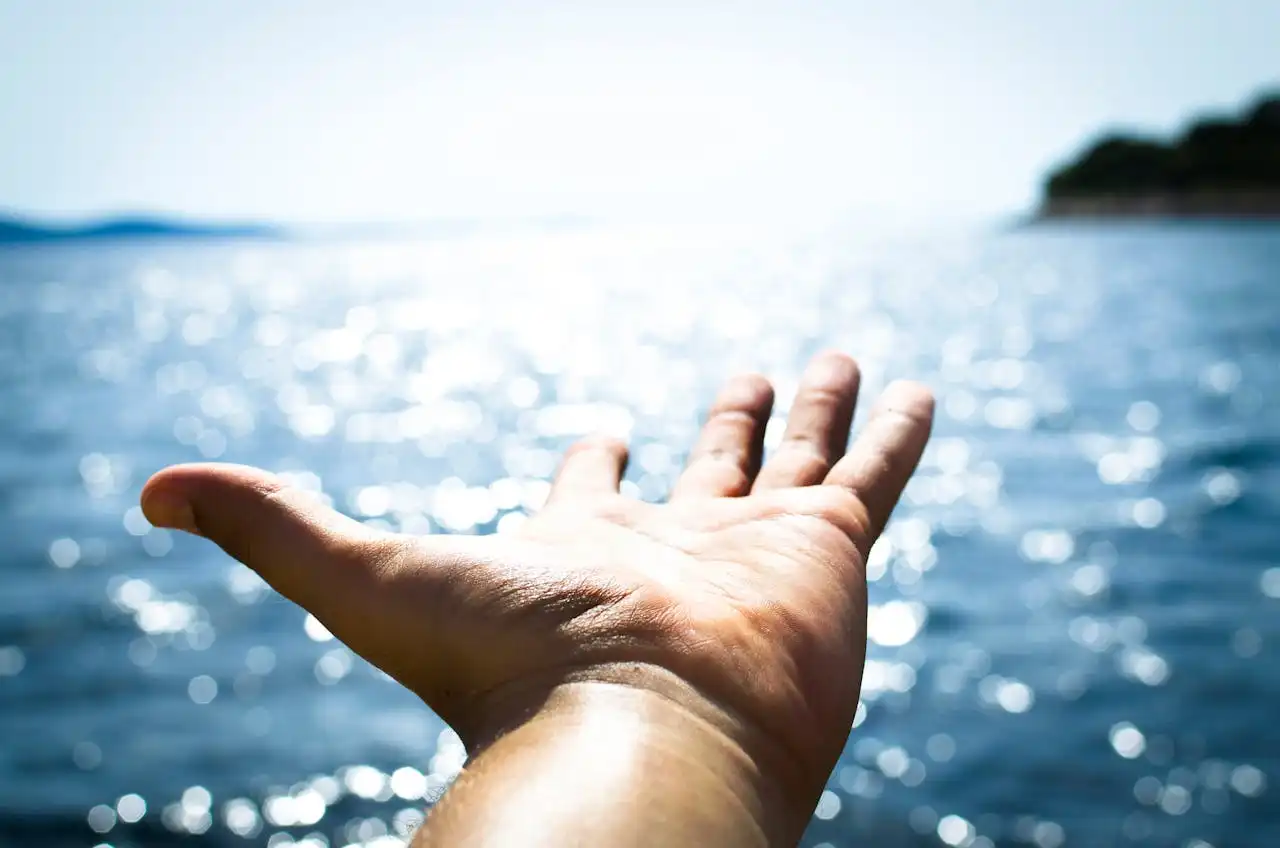
Your Weekend Won't Recharge Itself: A Guide to Crushing the Energy Reset
6 months ago
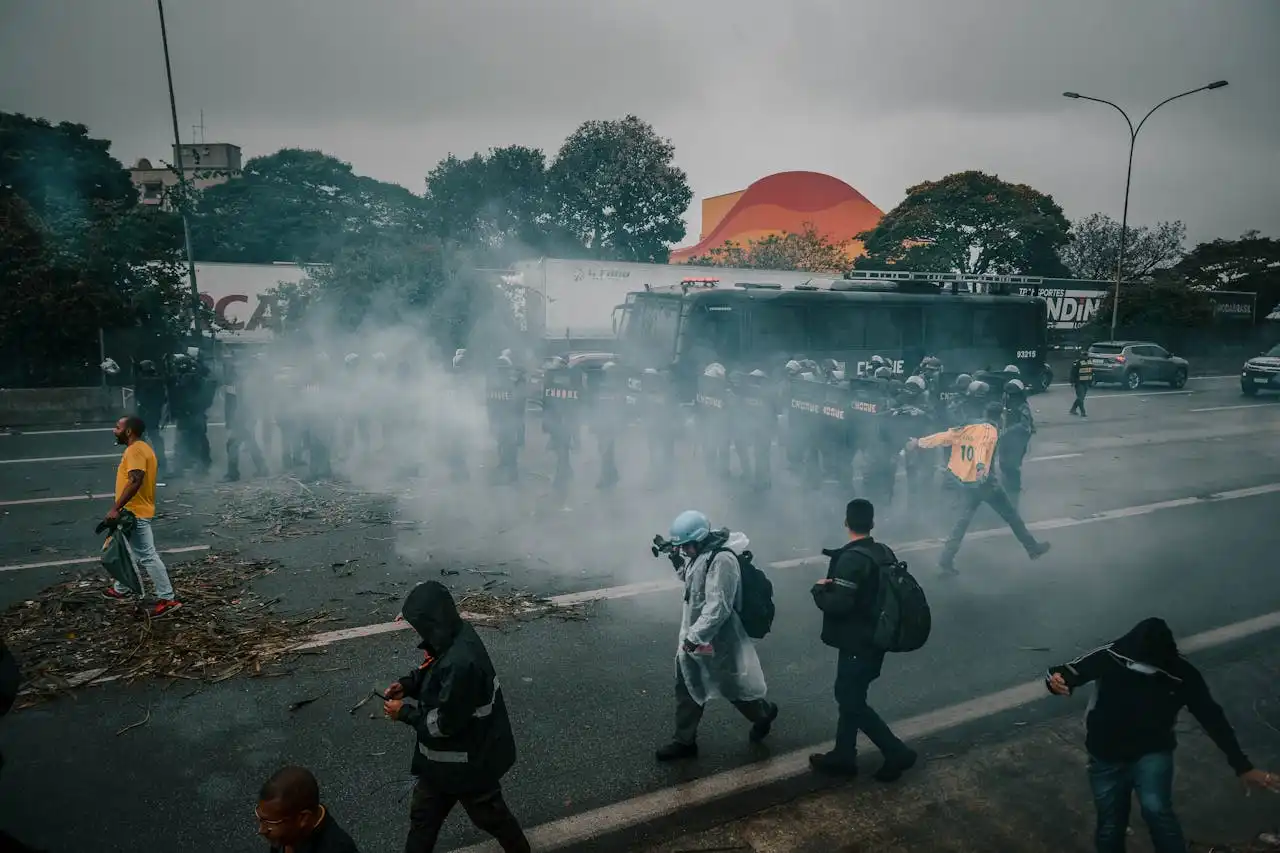
The Hidden Horrors of Tear Gas: More Than Just a Fleeting Sting
6 months ago
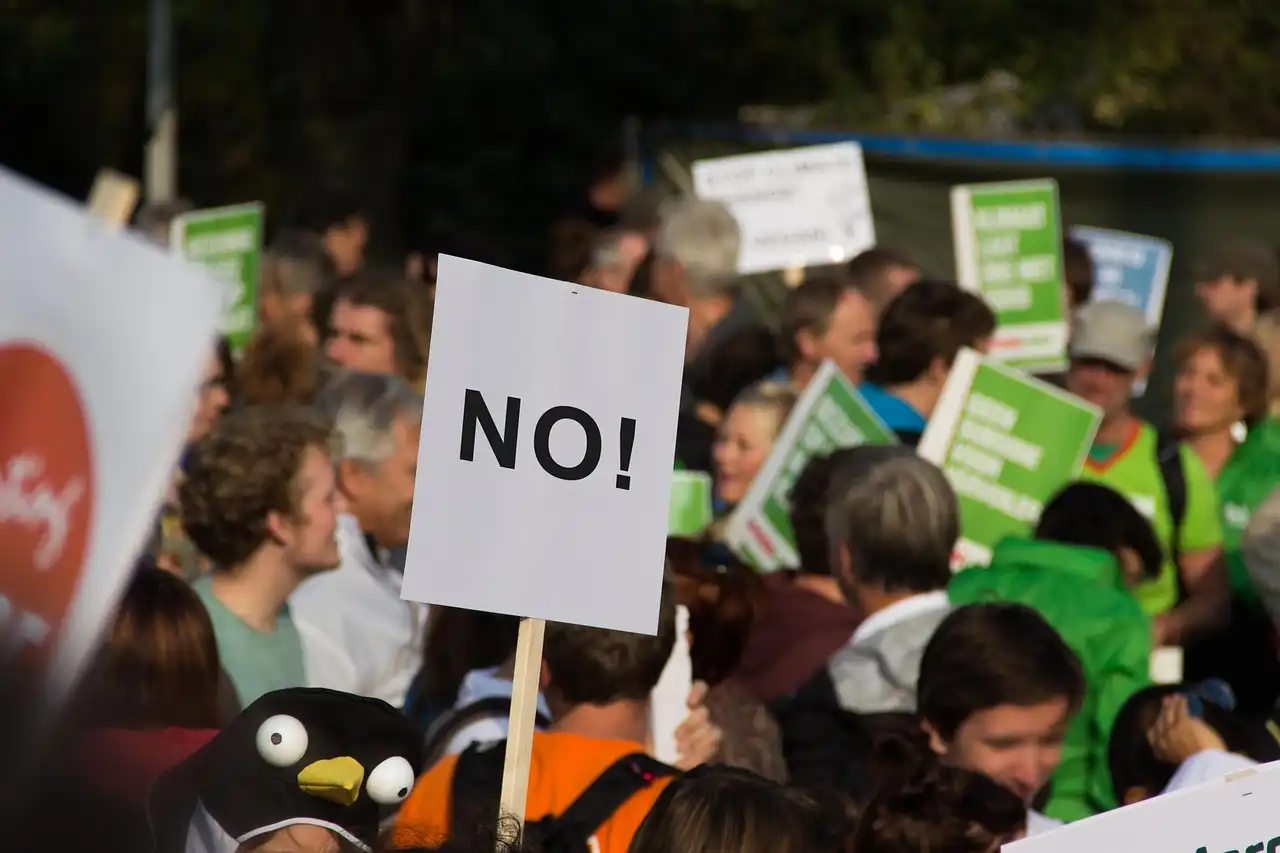
1312: The Meaning, Origin, and Social Context of the Notorious Number
6 months ago

The Digital Tightrope: How Social Media Puts a "Double Burden" on Today's Teens
6 months ago

Say Goodbye to Awkward Texts: WhatsApp Unveils Your New AI Writing Coach
6 months ago
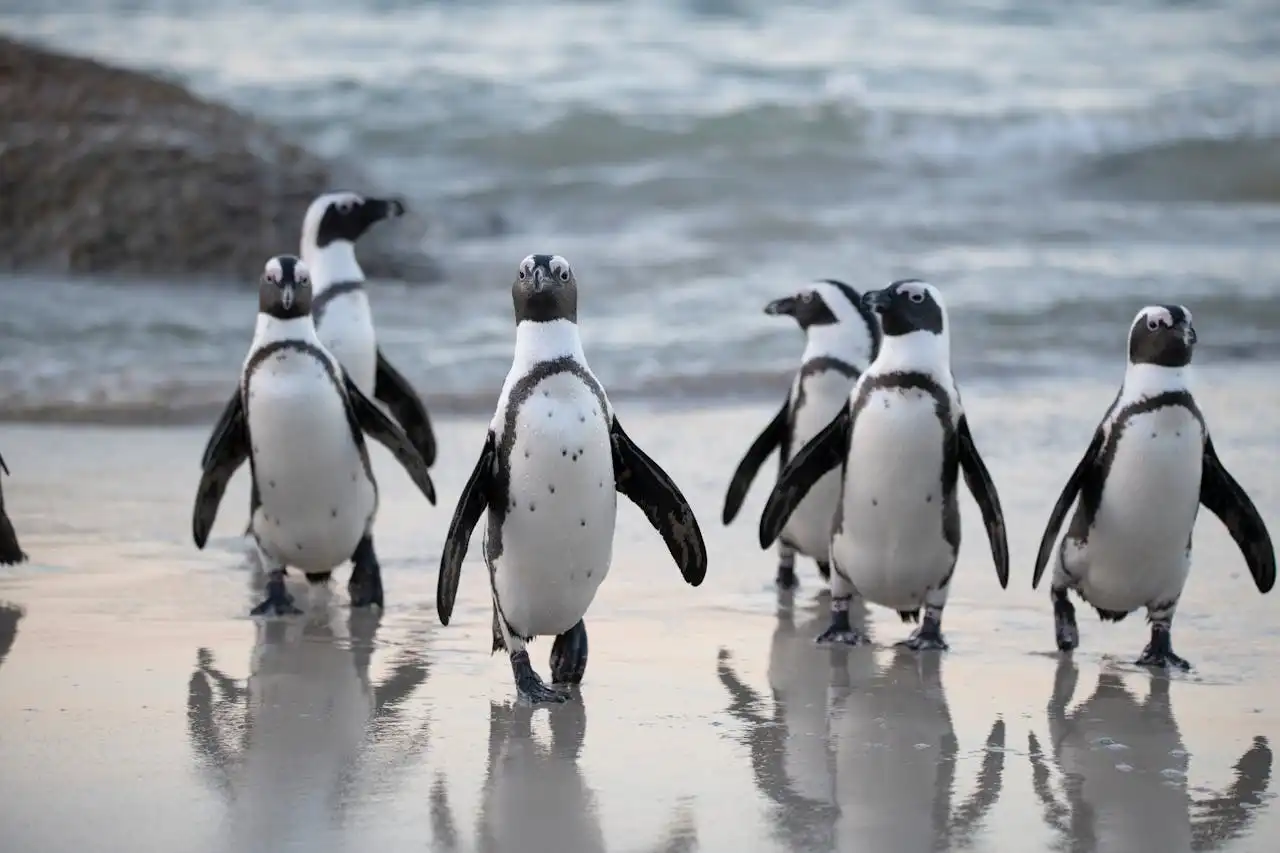
The Secret Weapon of Penguins: Why Their Poop is More Impressive Than You Think
6 months ago

NVIDIA Crushes New Record, Yet Market Concerns Still Exist Over "AI Bubble"
6 months ago

Your Cosmic DNA? Unpacking How Zodiac Signs Shape Who We Are
6 months ago
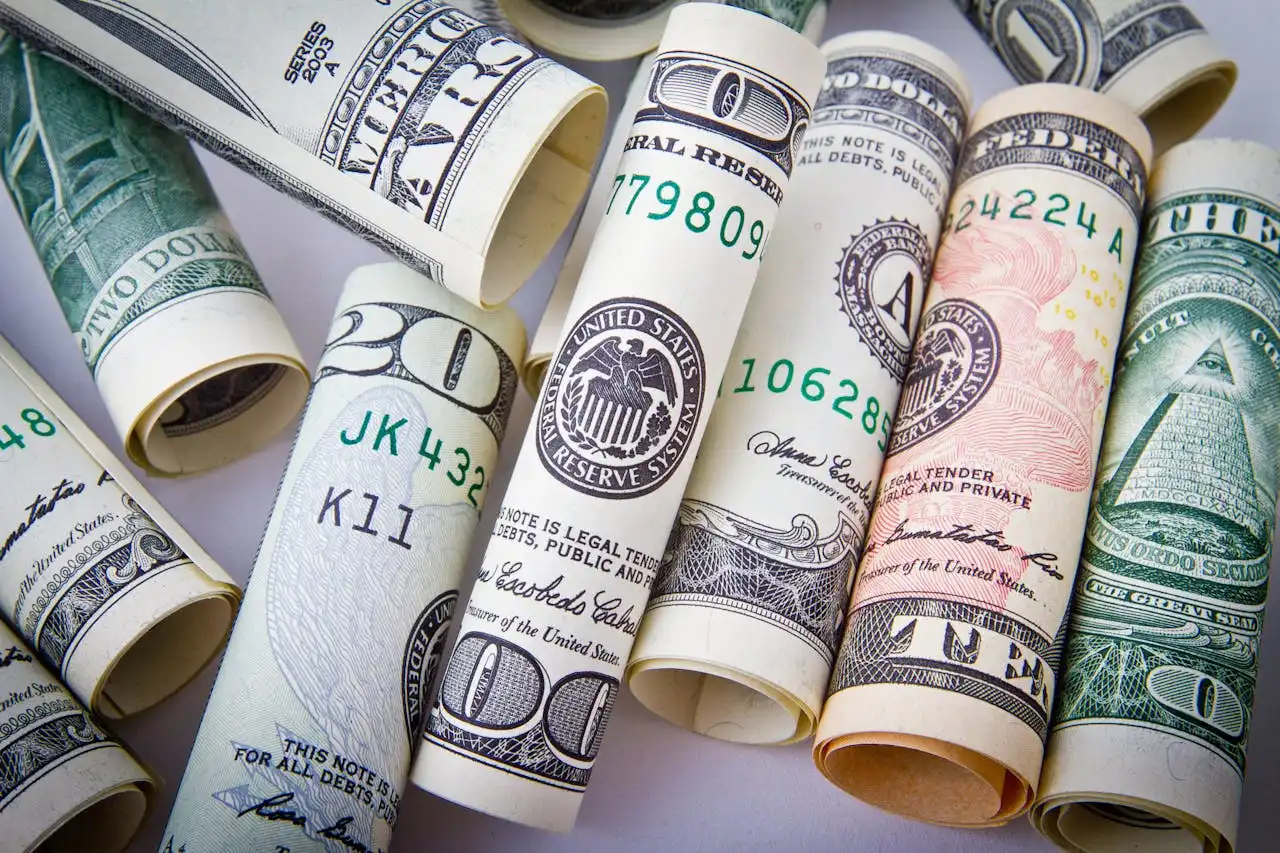
The Siren Song of Easy Money: Why We Can't Resist
6 months ago

Unplug and Recharge: Your Guide to Escaping the Gadget Grip
6 months ago
